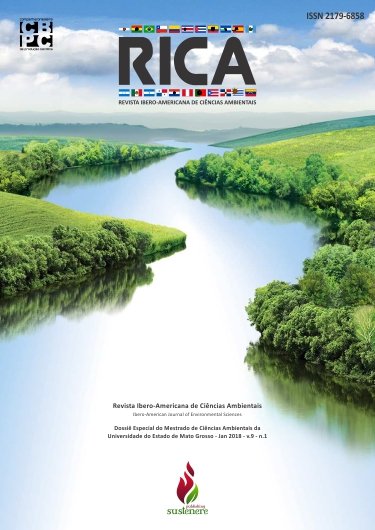Non-timber Forest Products of Mauritia flexuosa L. f.: Loss or Permanence of TEK in Quilombola Communities of Southern Amazon?
DOI:
https://doi.org/10.6008/CBPC2179-6858.2018.001.0004Palabras clave:
Ethnobotany, Knowledge erosion, Public policies, TEK, NTFPResumen
While Non-timber forest products are relevant to conservation and development, there are diverse drivers that have a complex impact on their use and traditional ecological knowledge (TEK). The erosion of TEK and its causes were evaluated on buriti (Mauritia flexuosa L. f.) in Quilombola communities in Brazil, by using ethnographic and ethnobotanical methods, including snow ball, 23 interviews, and participant observation. Informants reported 15 different uses of buriti divided into five categories (food, animal feed, handicrafts, construction, and ornamental); however, only five uses were actively performed until the end of this study. Differences between knowledge and uses of buriti could be attributed to proximity to urban centers, public policies for livestock production, and decreasing interest in handcraft manufacturing by using local resources. Therefore, it is important to ensure that knowledge and traditional practices in rural communities are combined for the socioeconomic benefits of rural/urban connection. Additionally, public policies need to focus on the local potential associated with biodiversity – including buriti – and with the TEK associated, instead of encouraging exotic cultures that significantly decrease biological and cultural diversity.
Descargas
Descargas
Publicado
Número
Sección
Licencia
La CBPC - Companhia Brasileira de Produção Científica (CNPJ Brasil: 11.221.422/0001-03) tendrá los derechos materiales de los trabajos publicados. Los derechos se refieren a la publicación del trabajo en cualquier parte del mundo, incluyendo los derechos a las renovaciones, expansiones y diseminaciones de la contribución, así como otros derechos subsidiarios. Todos los trabajos publicados electrónicamente podrán posteriormente ser publicados en colecciones impresas bajo coordinación de esta empresa y / o sus socios. El (los) autores (as) conservan los derechos de autor, pero no están autorizados a publicar la contribución en otra medio, impreso o digital, en portugués o traducción.









